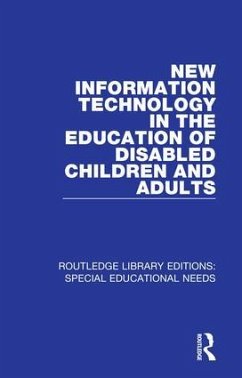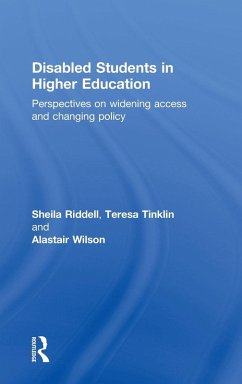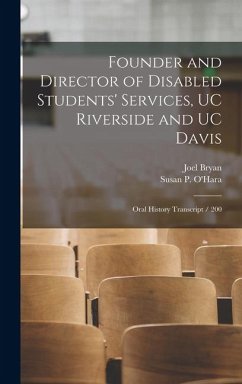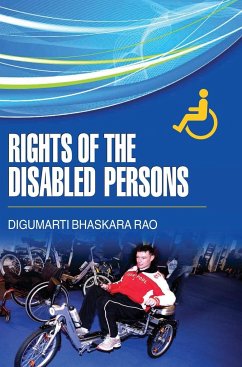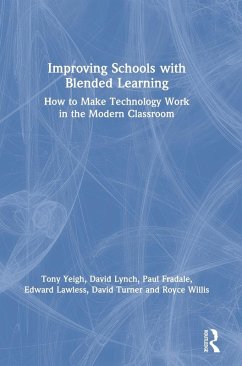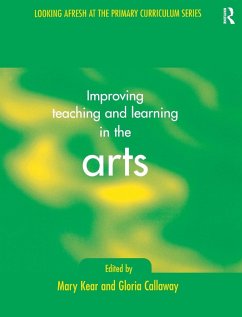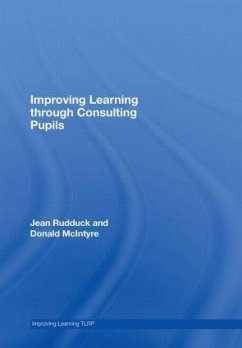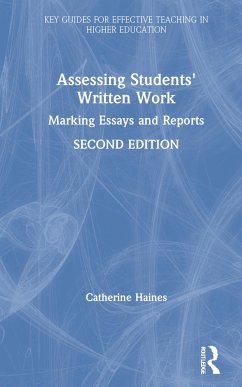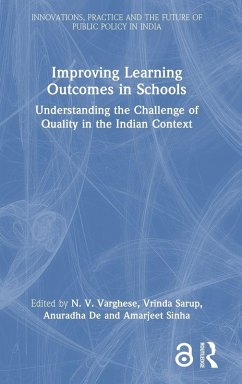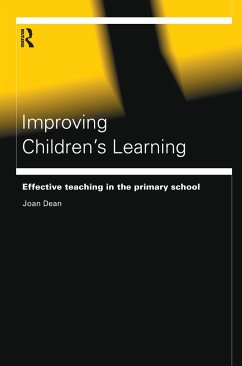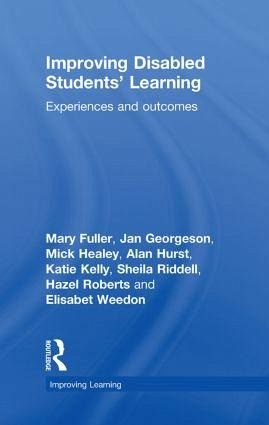
Improving Disabled Students' Learning
Experiences and Outcomes
Versandkostenfrei!
Versandfertig in 1-2 Wochen
167,99 €
inkl. MwSt.
Weitere Ausgaben:

PAYBACK Punkte
84 °P sammeln!
How do disabled students feel about their time at university? What practices and policies work and what challenges do they encounter? How do they view staff and those providing learning support? This book sets out to show how disabled students experience university life.
This book shows how disabled students experience university life. Crucially, it foregrounds the views of disabled students themselves, giving rise to a complex, contradictory and fascinating picture of university life.




